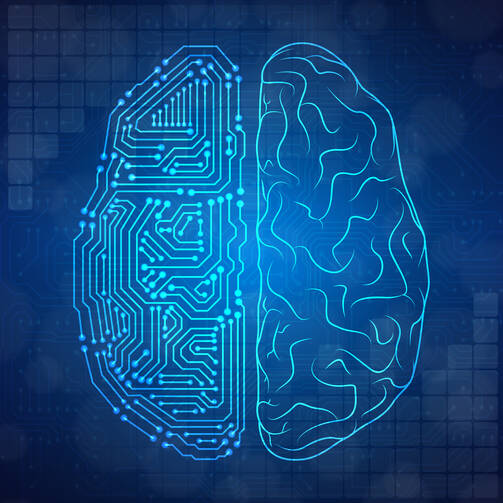The Los Angeles Times recently described the growing field of neurotheology, the intersection (as one would suppose) of the neurological underpinnings of religious experience. Geoffrey Mohan writes:
Other animals have hierarchies, organized behaviors, even a semblance of norms. Only humans have religion and science. And the two have seldom been on civil terms.Jeff Anderson and Julie Korenberg, neuroscientists at the University of Utah, want to change that. They're among a growing number of scientists aiming their field's most sophisticated machinery at religious cognition."It amazes me how one of the most profound influences on human behavior is virtually completely unstudied," Anderson said. "We think about how much this drives people's behavior, and yet we don't know the first thing about where in the brain that's even registered."The researchers want to see more than religion's registry on the brain. They want to know whether it differs across sects, or by intensity of belief. They want to see what genes it activates, what hormones it releases, and how it relates to social behaviors.
For more on this fascinating area of research, see this NPR story, "Neurotheology: This is Your Brain on Religion," which profiles Dr. Andrew Newberg, one of the pioneers in the field.








